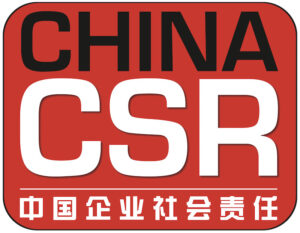A special commodity, carbon dioxide, has been licensed for trading on the China Beijing Environment Exchange.
A reduction of 8,895 tons of carbon dioxide emissions is said to be the result of 81,670 Beijing citizens driving less from July 20, 2008, to September 20, 2008, during the Olympic Games. It is the first publicly listed ecological compensation item for Beijing.
At present, there is no base price for the trading item, but it is expected that it will be sold for USD44,475. So far, several companies have expressed their intention of purchasing the carbon dioxide index. The proceeds of the transaction will be used to set up a green driving foundation.
A low-carbon economy is an economic pattern based on low energy consumption, low pollution, and a low level of emissions. Low-carbon economy has become a world-wide concern due to the deterioration of the global climate. The theme of 2008's World Environment Day was "Kick the Habit! Towards a Low Carbon Economy".
The General Work Plan for Energy Conservation and Pollutant Discharge Reduction, issued by China's State Council, has pointed out that, by 2010, China's per ten-thousand GDP energy consumption should be reduced to less than 1 ton standard coal from 1.22 tons standard coal in 2005, a reduction of about 20%; water consumption per unit added value of industry should be
reduced by 30%. By the end of the "11th Five-Year Plan", the total discharge of main pollutants should be reduced by 10%. To achieve these goals, both the government and market mechanism will play an essential role.
Xiong Yan, chairman of the China Beijing Environment Exchange explained late last year that the exchange would work under the direction of the National Leading Group to Address Climate Change and Energy Conservation & Pollutant Discharge Reduction and under the direct leadership of the National Development and Reform Commission, Ministry of Environmental Protection, and the Beijing Municipal People's Government.

